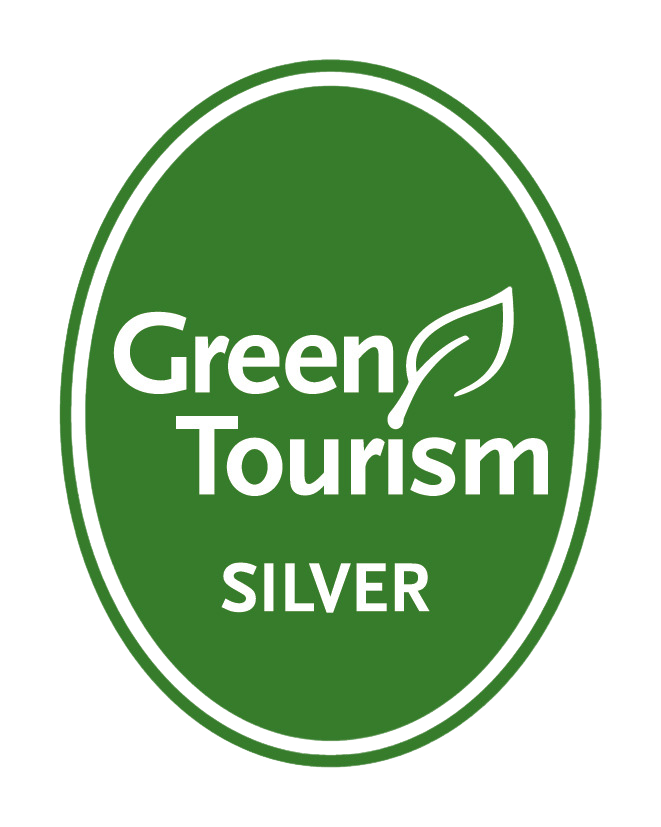The tourism industry is the UK’s 3rd largest employer, with 3.1 million people in its workforce and accounting for 1 in 3 new jobs created since 2010. However, the industry can often be overlooked for its successful, long-term career prospects.
UKinbound’s current intern Yasmin Ayture, explains why she has chosen to pursue a career in tourism, and how her passion for the industry has helped her face some challenges and misperceptions along the way.
When asked during job interviews and by friends and family ‘so why do you want a career in tourism?’ my answer is always the same – “during geography classes at school in Year 10, I found it fascinating to learn about the huge impact of tourism on people, regions, and countries”.
Whilst also studying for my A-level and extended diploma courses, I came to see tourism as a vast phenomenon, capable of causing considerable positive (and negative) change environmentally, economically, socially and culturally. Now, my favourite description of tourism is that it’s the ‘the largest peaceful movement of people’, as well as the fastest growing industry, comprising 10.2% of world GDP.
Two years into my International Tourism Management degree, my understanding of tourism is broader, and I now engage with other subjects such as languages, research, economics and sustainability because of their relationship with tourism. This is essential as tourism is multi-faceted and multi-disciplinary, with sub-industries such as transport and accommodation and operations spanning continents.
I love tourism for being geographically unlimited in potential and reach, which means there is an ever-present need to respond to changes in political and social movements, and fluctuating trends in demand and demographics. These captivating dynamics mean that there is no “we have always done it this way” approach in tourism, so it’s perfect for people who are open-minded and flexible! Tourism is rich in its ability to give vast opportunities to many people, provide enjoyable experiences and exposure to many different cultures whilst simultaneously bringing economic benefits at local and national level.
However, since deciding to study tourism, I have unfortunately discovered that many people think tourism careers are unambitious, low-skilled, and poorly remunerated. I have experienced criticism and disappointment from my teachers, friends and family about my subject choice. They fear that I won’t achieve my academic potential believing tourism to be an easy subject which will led to a low-paid job. Sometimes this is hurtful to hear, but I know that I have chosen the best career path for me.
When people think about a career in tourism, finance, human resources, research, business development, digital marketing, events, or communications roles do not typically come to mind. Yet, these are vital components of many tourism businesses. Highly-skilled individuals are needed within tourism but a lack of knowledge about the industry and wrong assumptions can discourage people from entering, leading to a shortfall of skilled and enthusiastic workers when people are really needed.
Those closest to me have become more open-minded to my studying of tourism as they hear that my degree includes topics like policy, economics, sustainability and ethics. They can see the experiences that tourism has lead me to, like becoming an intern at UKinbound, carrying out research in Morocco on women’s rights and roles in tourism, or finding a weekend job in my university town’s tourist information centre. I have learnt that people will support you if they see you studying a subject which maintains your unwavering interest.
To anyone in the industry or looking to join, my view is to be proud of this study or career choice! In the UK, travelling is a part of many peoples’ lives and something which consistently binds people from all ages and professions. Tourism has done this for centuries before aeroplanes – originating from nomadic lifestyles and religious pilgrimages. Tourism nowadays is a catalyst for large-scale employment worldwide, with 3.1m jobs provided by tourism in the UK in 2017 alone. An industry with such significance to people, businesses, regions and countries irrefutably deserves appreciation and, with time, perceptions of the industry will hopefully change to reflect its meaningful, exciting, and forward-thinking nature.










